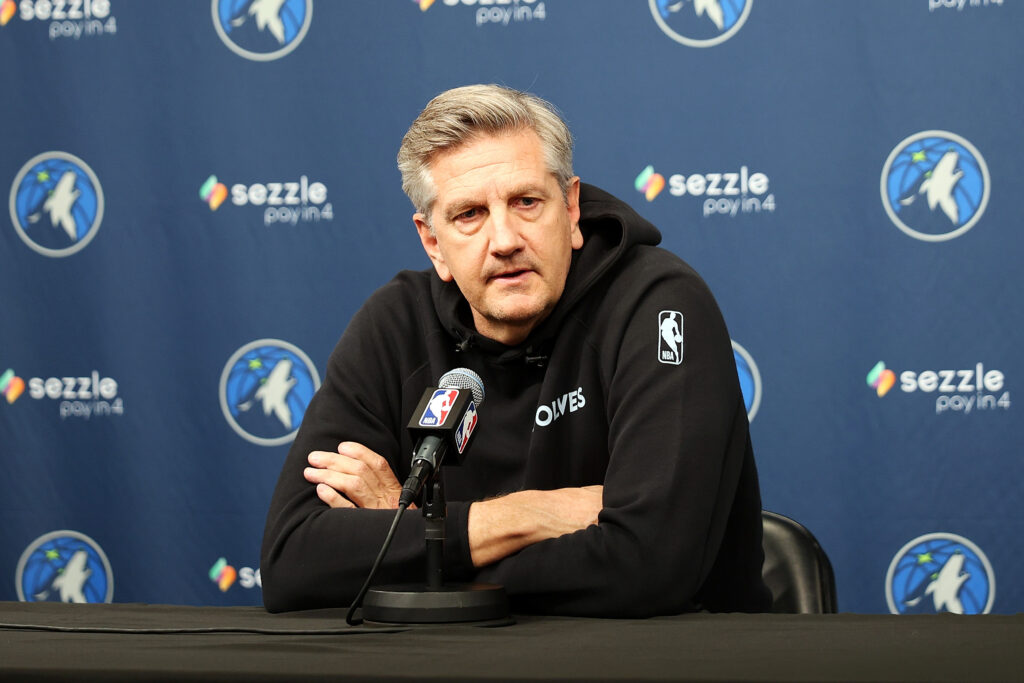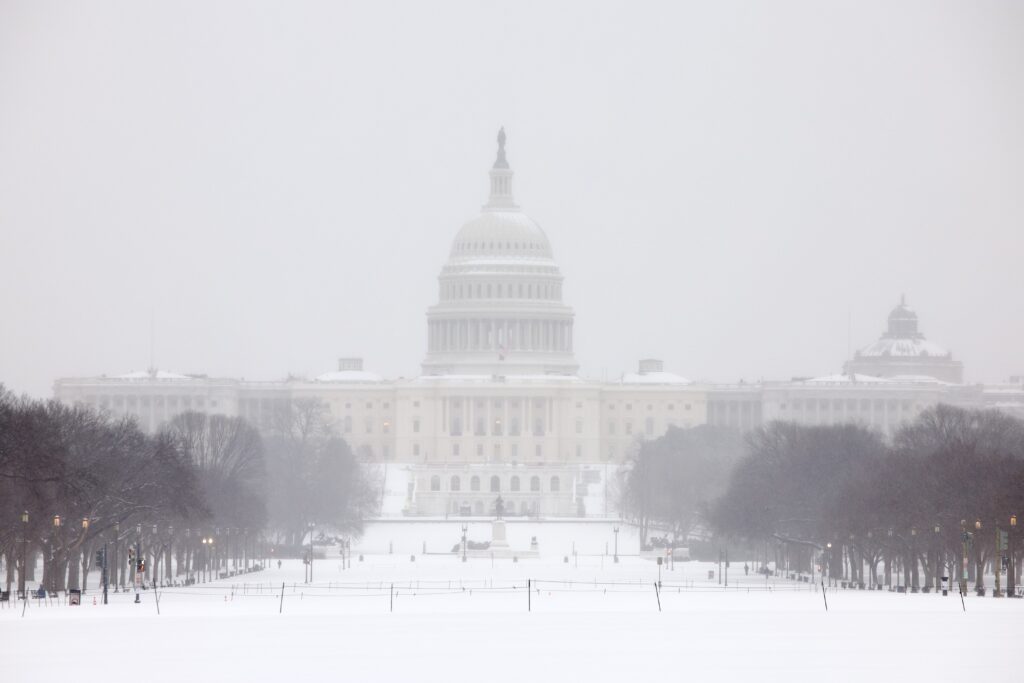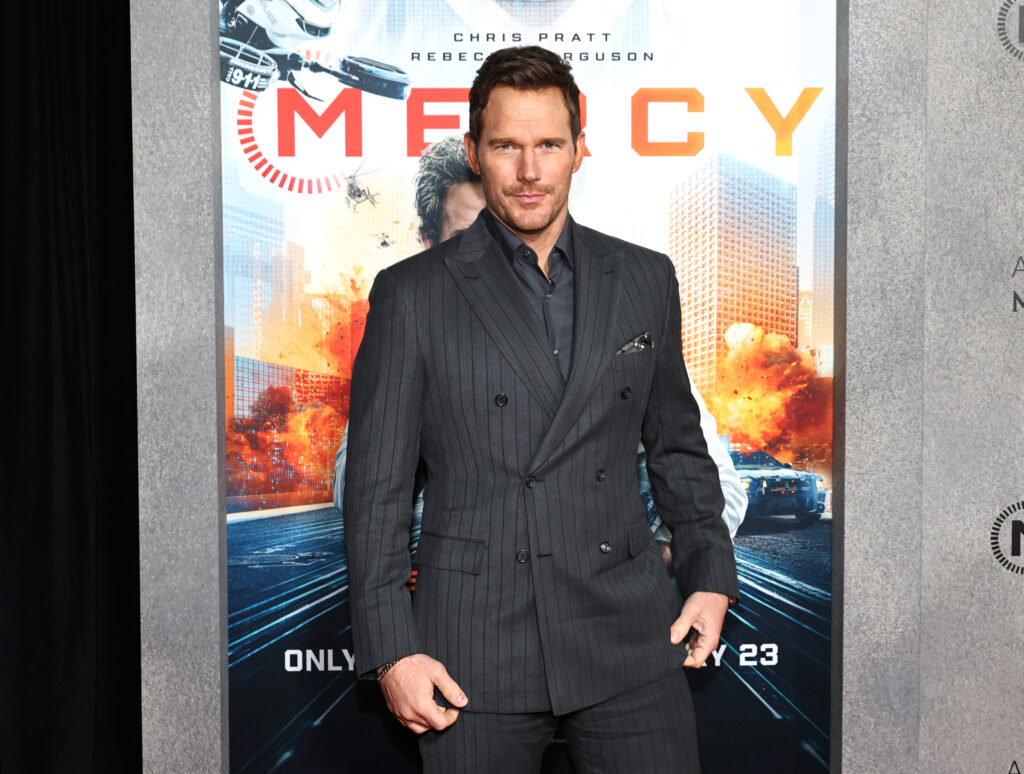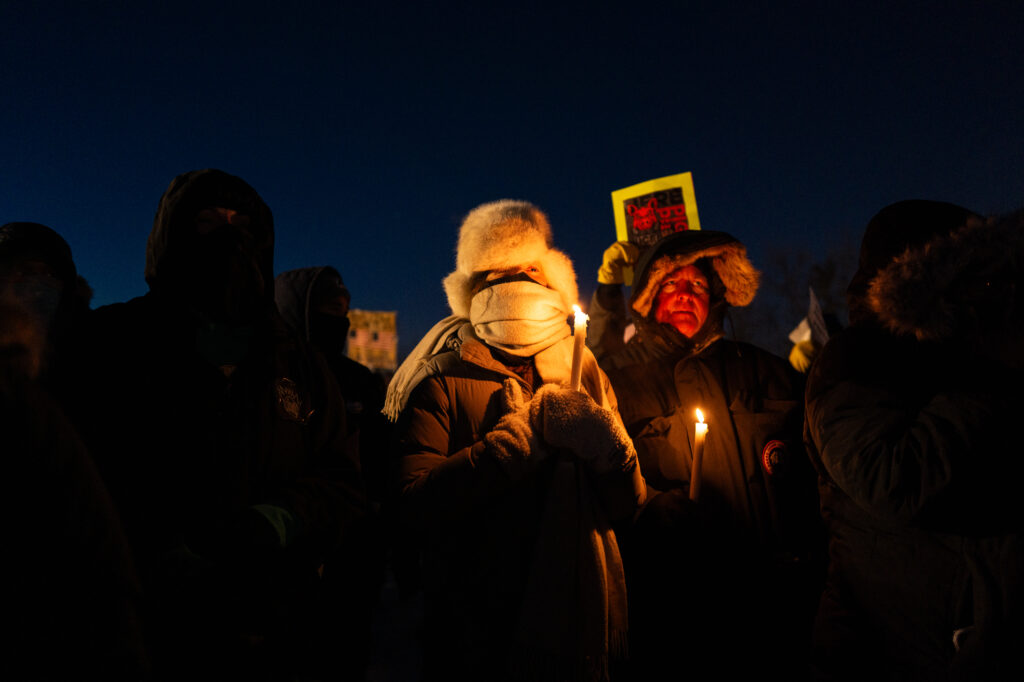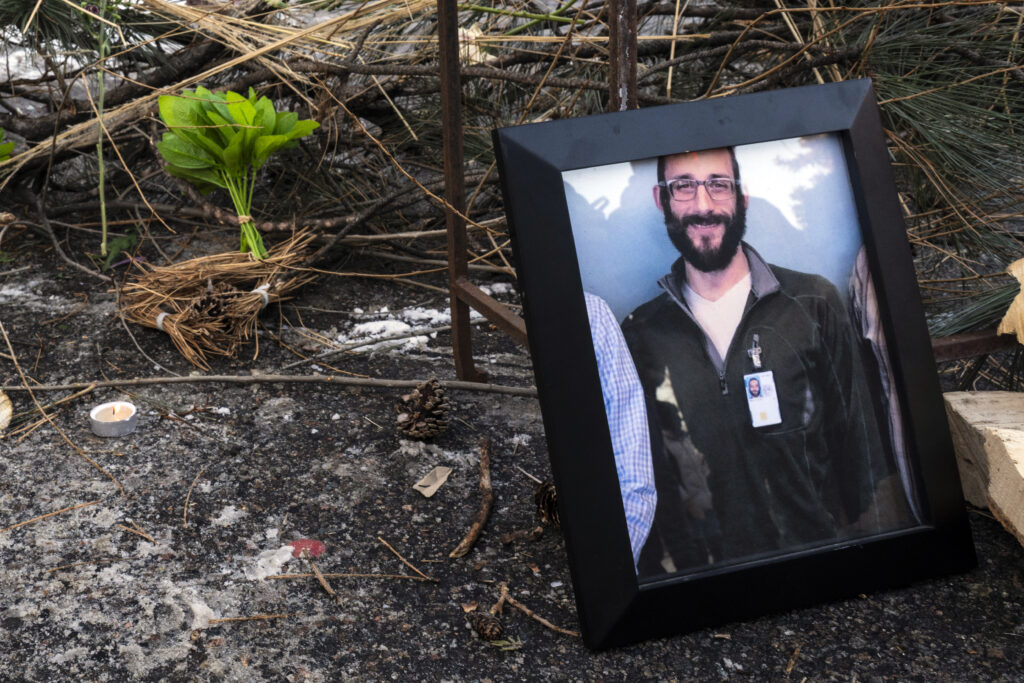‘Heartbroken’ Timberwolves resume NBA play amid Minneapolis turmoil
Minnesota Timberwolves coach Chris Finch said the NBA team was “heartbroken” by events unfolding in Minneapolis, where federal agents shot dead a second US citizen amid the Trump administration’s mass immigration crackdown.An emotional Finch spoke to reporters shortly before the Timberwolves took on the Golden State Warriors in Minneapolis on Sunday, a game postponed from Saturday when the city was sent reeling by the shooting death of Alex Pretti, a 37-year-old ICU nurse, less than three weeks after an immigration officer fired on Renee Good, also 37, killing her in her car.”As an organization, we are heartbroken for what we are having to witness and endure and watch,” Finch said. “We just want to extend our thoughts, prayers and concern for Mr. Pretti’s family, all the loved ones, and everyone involved in in such an unconscionable situation in a community that we really love.”The Timberwolves observed a moment of silence honoring Pretti before the game that ended amid expletive-laced chants against ICE (US Immigration and Customs Enforcement).Warriors coach Steve Kerr, an outspoken critic of President Donald Trump who had called the shooting of Good “shameful,” said it was time for Americans to appeal to their “better angels” in a time of extremism.”People are so angry. There should be an appeal to our better angels to look after one another and to recognize what’s happening,” Kerr said. “We’re being divided by media for profit, by misinformation. There’s so much out there that is really difficult for all of us to reconcile.”That’s what’s so sad about all this — we’re at each other’s throats right now. You can’t just say ‘I’m right and the other person’s wrong.'”It’s hard to decipher what’s real and what’s not, what’s true and what’s not true — people arguing over the exact same video and saying ‘this happened, no, that happened.'”Kerr said the loss of life is “the number one concern.”When all the unrest settles down, whenever that is, those family members won’t be returning home and that’s devastating,” said Kerr, whose university president father was shot dead in Beirut by Islamic militants in 1984.Both coaches praised the decision to postpone the game.”Playing basketball just didn’t feel like the right thing to do,” Finch said.The NBA’s Players Association issued a statement on Sunday saying players “stand in solidarity with the people in Minnesota protesting and risking their lives to demand justice.””The fraternity of NBA players, like the United States itself, is a community enriched by its global citizens, and we refuse to let the flames of division threaten the civil liberties that are meant to protect us all.”The Timberwolves, along with the WNBA’s Minnesota Lynx, the NFL’s Vikings, MLB’s Twins, NHL’S Wild and Minnesota United of MLS, joined prominent Minnesota companies in signing an open letter calling for state, local and federal officials to work together in pursuit of a “deescalation of tensions.”- ‘Lives at stake’ -Individual athletes were also speaking out.Breanna Stewart, a three-time WNBA champion who co-founded the Unrivaled 3-on-3 women’s league, held up a small sign saying “Abolish Ice” during player introductions before an Unrivaled game in Florida.”All day yesterday I was kind of just disgusted … we’re so fueled by hate right now instead of love,” Stewart said.”When human lives are at stake it’s bigger than anything else.”She said the issue hit close to home since her wife, retired Spanish basketballer Marta, is still in the process of seeking US citizenship.”She’s a legal permanent resident and all of that, but it seems like it doesn’t matter,” Stewart said.Other athletes weighed in on social media.Two-time NBA All-Star Tyrese Haliburton, who plays for the Indiana Pacers, posted on X: “Alex Pretti was murdered.”Brianna Turner, who played for the WNBA’s Indiana Fever last season, posted on X: “The minority that are still defending ICE will forever be on the wrong side of history.”
